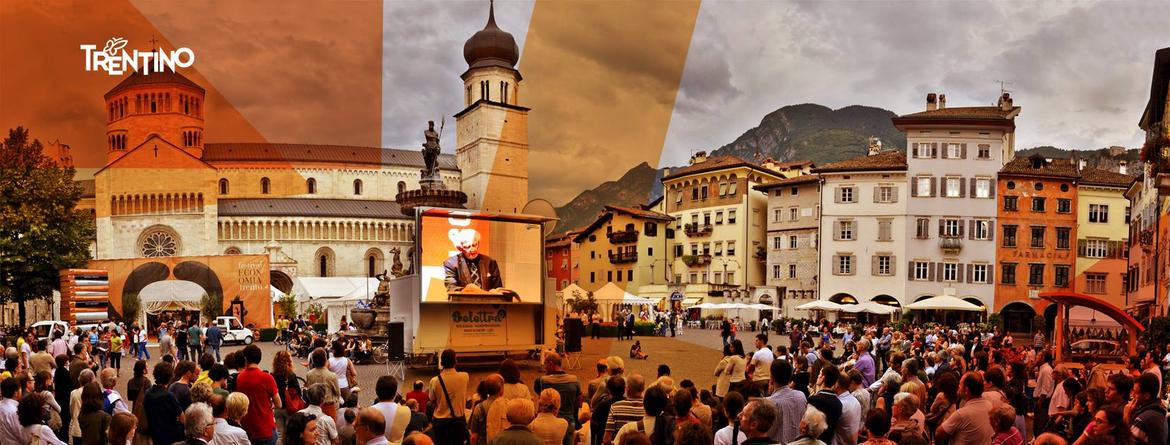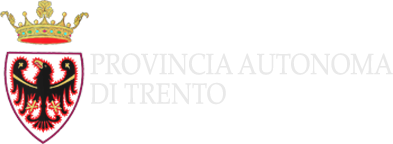14th Trento Festival of Economics
Globalization, nationalism and representation

“Does globalisation mean I can buy the same T-shirt in Paris and Milan?”, “Does it mean I can find the same kind of hamburger in Italy that I ate in France yesterday?”. I still remember my children asking me these questions (I leave you to guess which one came from my daughter and which from my son) on a car journey from Paris to Milan a few decades ago. They were both right. Globalisation means the integration of markets, above all in terms of goods and capital, with an increase in competitive pressure, greater circulation of goods and services in different countries and a reduction in price differences. The pressing demand to close frontiers and the revolution underway in terms of political representation in western countries is attributed precisely to competition with countries that have low labour costs and the displacement of unqualified employment in advanced nations. In the last few years, it has been possible to note in many countries the establishment of parties contrasting the people to an elite, calling for protectionism and the restoration of national sovereignty. The ideology is relatively simple: the people are understood as a homogeneous block, offset by an elite that is equally homogenous in the sense that it is corrupt and too far away from people’s real problems. In between these two entities there is space for intermediate bodies, such civil society associations, technical organisations, independent authorities, trade unions, non-governmental organisations, and more generally institutions belonging to the systems of checks and balances of consolidated western democracies. Representation of the people corresponds to principles of direct democracy, in the name of which many decisions are subjected to online consultation, if not to referenda. The majority principle prevails at all levels, to the detriment of minorities. How is it possible to explain these developments, which radically modify the traditional divisions between right and left-wing, the axes of political conflict, and which have already thrown European social democracies into crisis? This question, which has stimulated considerable economic research in the last few years, will be at the centre of this year’s festival.
Source: https://2019.festivaleconomia.eu/home
The Festival includes about sixty meetings, including lectures, talks, film screenings, debates based on books published in these last few months.
CinEconomy returns this year, given its popularity with the public in previous editions: films linked to the Festival theme will be screened every evening at Cinema Modena. The forums supervised by lavoce.info have also been confirmed, along with the Keywords sessions, which this year are dedicated to globalization, nationalism and representation.
The EconoMia competition, run with the collaboration of the Ministry of Education, Universities and Research (MIUR), the Association for European Economic Education, the Autonomous Province of Trento’s Department of Knowledge and the Istituto Tecnico Economico "Bodoni" in Parma, is also being held again. The twenty young winners of the competition will all be guests in Trento during the days of the Festival and will receive a prize of € 200 each.
PROGRAMME
Trento Festival of Economics is promoted by the Autonomous Province of Trento, the Municipality of Trento and the University of Trento. Planned by the Laterza publishing house.
Entrance to the events is open and free of charge until full capacity is reached.
No pre-booking. Entrance to events scheduled at the Teatro Sociale is by voucher. These will be distributed at ticket offices from two hours before the beginning of each event.
The organising committee of Trento Festival of Economics reserves the right to make changes to the programme after the printing of this publication. Information regarding the programme, last minute changes, venue changes in the event of rain or for other reasons and events suspended or cancelled is constantly updated at the site www.festivaleconomia.it , or can be requested at the information points open on the days of the Festival, telephonically from the administration office (Tel. +39 0461 260511), or by sending an e-mail to the address info@festivaleconomia.it.
organization: Provincia autonoma di Trento - Servizio relazioni esterne

